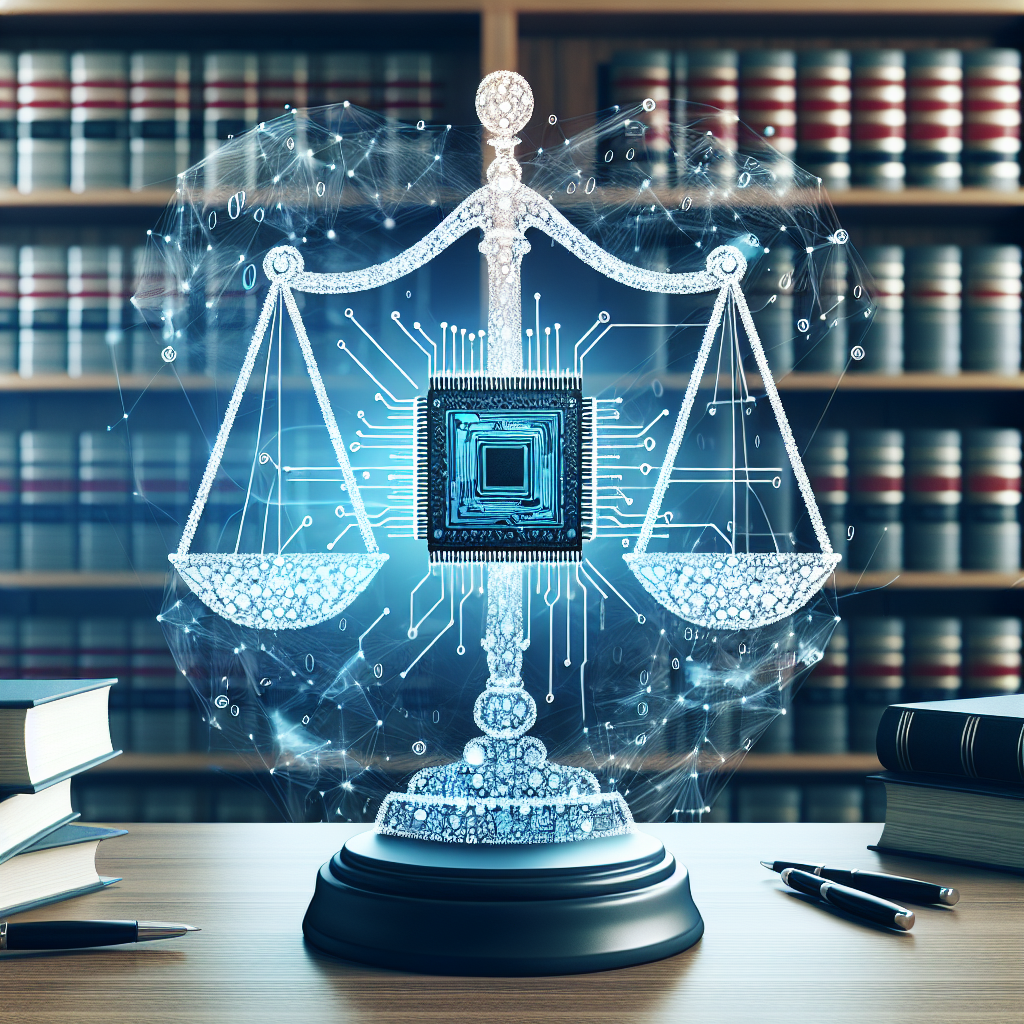Artificial Intelligence (AI) has become a prominent technology in today’s world, with applications ranging from virtual assistants and chatbots to autonomous vehicles and predictive analytics. While AI software has the potential to revolutionize various industries and improve efficiency and productivity, it also raises important legal implications that need to be considered.
The Legal Implications of AI Software
1. Liability: One of the key legal implications of AI software is liability. As AI systems become more autonomous and make decisions on their own, questions arise about who is responsible for any harm caused by the AI. In traditional software development, liability typically lies with the developer or manufacturer of the software. However, with AI software, the lines of responsibility can become blurred, especially when the AI makes decisions that were not explicitly programmed by the developer.
2. Privacy: AI software often relies on vast amounts of data to operate effectively. This raises concerns about privacy and data protection, especially when sensitive personal information is involved. Companies developing AI software must comply with regulations such as the General Data Protection Regulation (GDPR) in the European Union, which sets strict guidelines for the collection, processing, and storage of personal data.
3. Intellectual Property: AI software raises questions about intellectual property rights, particularly in cases where the AI is used to create new inventions or works. For example, if an AI system generates a new design or piece of music, who owns the rights to that creation? Companies must carefully consider how to protect their intellectual property in the age of AI.
4. Bias and Discrimination: Another legal implication of AI software is the potential for bias and discrimination. AI systems are only as good as the data they are trained on, and if that data is biased or incomplete, the AI may perpetuate that bias in its decision-making. This can have serious legal and ethical implications, particularly in areas such as hiring, lending, and criminal justice.
5. Regulation: As AI technology continues to advance, governments around the world are grappling with how to regulate its use. Some countries have already implemented laws and regulations specific to AI, while others are still in the process of developing guidelines. Companies developing AI software must stay abreast of these regulations to ensure compliance and avoid legal consequences.
Frequently Asked Questions (FAQs)
Q: Who is liable if an AI system makes a mistake?
A: Liability for AI mistakes can be complex and may depend on various factors, including how the AI was developed, who owns the AI, and the specific circumstances of the mistake. In some cases, the developer or manufacturer of the AI may be held liable, while in others, the user of the AI may bear responsibility.
Q: How can companies protect their intellectual property in AI software?
A: Companies can protect their intellectual property in AI software by taking measures such as patenting their inventions, copyrighting their software code, and using nondisclosure agreements to protect confidential information. It is also important to carefully document the development process and keep detailed records of any innovations.
Q: How can companies ensure their AI software is not biased?
A: To prevent bias in AI software, companies should carefully curate the data used to train the AI, ensuring it is diverse and representative of the population it will be serving. Companies should also regularly monitor the AI’s decision-making processes for signs of bias and take corrective action if necessary.
Q: What are some common regulations governing the use of AI software?
A: Some common regulations governing the use of AI software include the GDPR in the European Union, which sets guidelines for data protection and privacy, and the Algorithmic Accountability Act in the United States, which seeks to address bias and discrimination in AI systems. Companies should also be aware of industry-specific regulations that may apply to their use of AI.
In conclusion, AI software presents exciting opportunities for innovation and efficiency, but it also raises important legal implications that must be carefully considered. Companies developing AI software must navigate issues such as liability, privacy, intellectual property, bias, and regulation to ensure compliance with the law and protect both themselves and their users. By staying informed and proactive, companies can harness the power of AI while minimizing legal risks.

